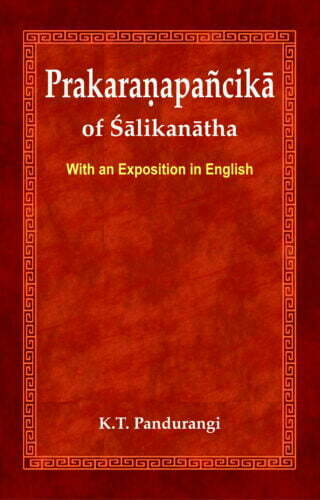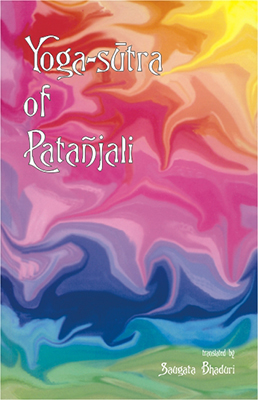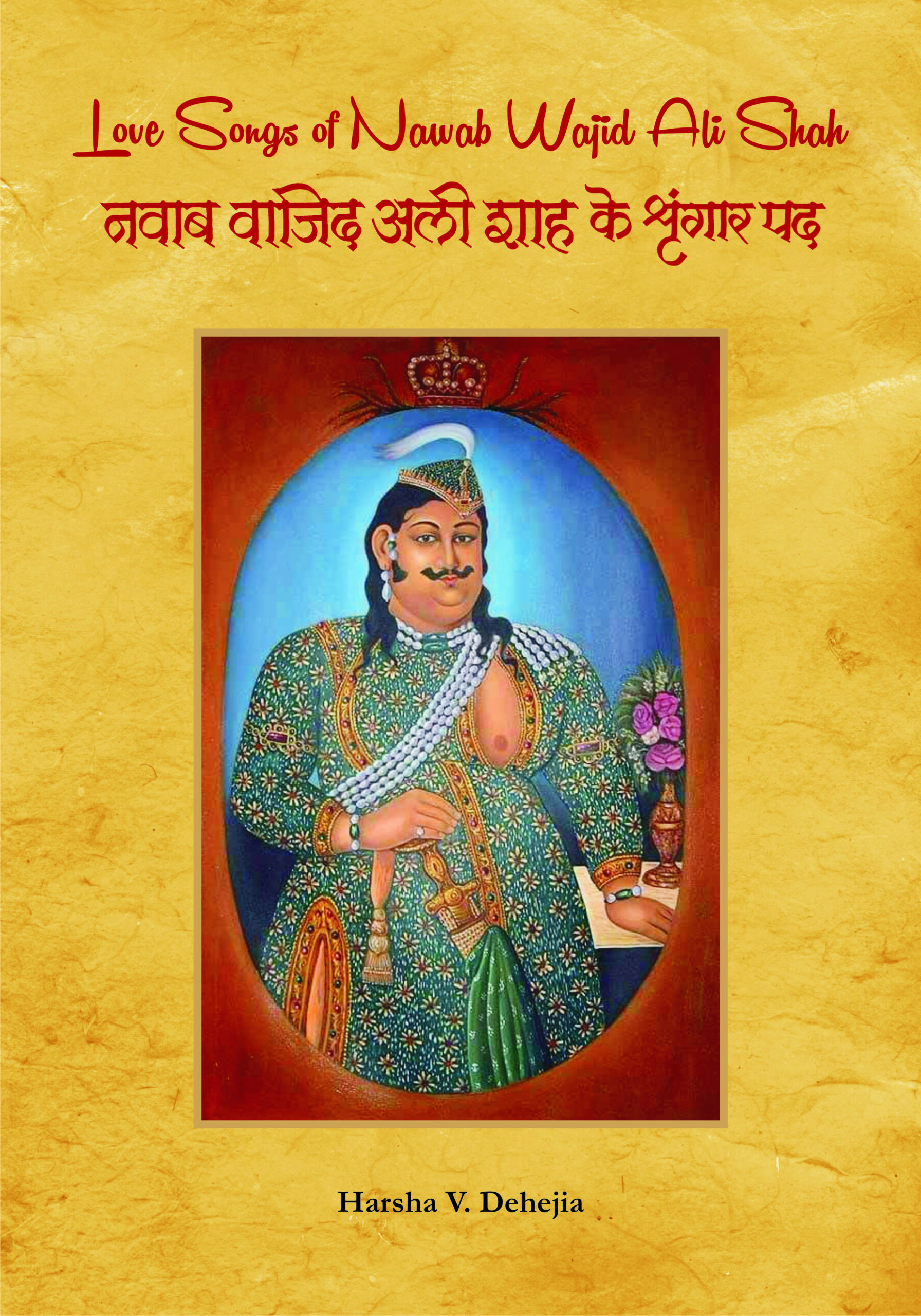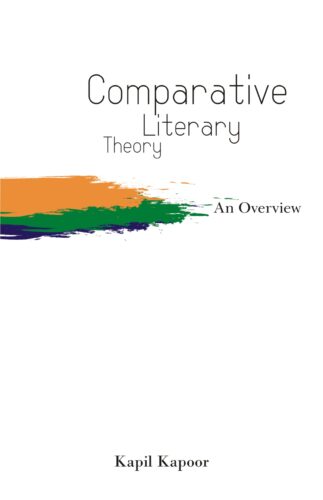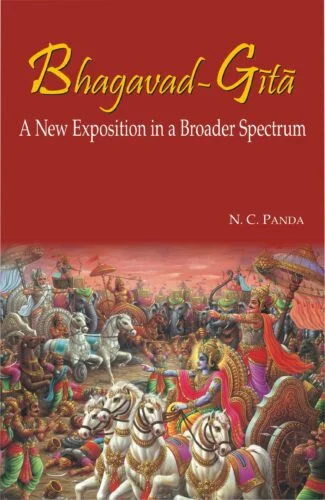

Prakaranapancika of ...
Prakaranapancika of Salikanatha
With an Exposition in English by: K.T. PandurangiThe book of Purva-Mimamsa presents a detailed account of the Prabhakara system and explains the eight main issues in which the other systems of Indian philosophy do not agree with the Prabhakaras. Prabhakara thoughts are here undertaken in the light of modern developments in the areas of epistemology and linguistics.
Original price was: ₹750.00.₹675.00Current price is: ₹675.00.
ISBN: 9788124605844
Year Of Publication: 2010
Edition: 1st
Pages : xxxiii, 474p.
Bibliographic Details : Bibliography, Appendix, Glossary
Language : English
Binding : Hardcover
Publisher: D.K. Printworld Pvt. Ltd.
Size: 24
Weight: 1100
Prakaranapancika of Salikanatha is an important text of Prabhakara Mimamsa. Salikanatha who is a direct disciple of Prabhakara made distinct contribution to Indian Epistemology and linguistics. The concepts of Svaprkashatva of cognition, Triputikarana formula, Akhyati theory of perceptual error are some of his important contributions in the area of epistemology, whereas anvitabhidhanavada, a theory of sentence meaning, the concept of Karya i.e., Niyoga as the import of injunction, the inclusion of Pauruseya statements under the inference are considered as his important contributions in the field of linguistics.
Nyaya and Bhafta Mimamsa strongly criticize all these concepts, but Vishistadvaita and Dvaita schools are a little friendly in some respects. We are sure that a study of Prakbhakara thought in the light of modern developments in the area of epistemology and linguistics will be fruitful.
Preface
Introduction
Chapter I — Shastramukha
Justification for the undertaking of Mimamsa i.e., enquiry into Vedartha
Chapter II — Nitipatha
Non-Vedic Speech communicates through the inference of the speakers knowledge
Chapter III — Nayavithi
Akhyati theory
Chapter IV — Jatinirnaya
Universal
Chapter V — Amritakala
A brief account of pramanas
Chapter VI — Pramana Parayana
Pratyaksha
Anumana
Shastra Pramana
Upamana
Arthapatti
Rejection of Abhava
Chapter VII — Vimalanjana
The doctrine of the natural relation between the word and the meaning
Chapter VIII — Tattvaloka
The light on the Tattva – atmatattva
Chapter IX — Nyayashuddhi
The eternity of Sabda
Chapter X — Mimamsa Jivaraksha
Refutation of Kshanikavada
Chapter XI — Vakyarthamatrika – Section-I
Anvitabhidhana theory of sentence meaning
Vakyarthamatrika – Section-II
Karya – The import of vedic injunction
Chapter XII — Vishaya Karaniyam
Yaga is both vishaya and karana
Chapter XIII — Angaparayana-I
Exposition of angas-I
Angaparayana-II
Exposition of angas-II
Chapter XIV — Atidesha Parayana
Appendix
The Important differences between the Bhattas and the Prabhakaras
Glossary of technical terms
Bibliography
Studies in English
Abbreviation of Sanskrit Texts


